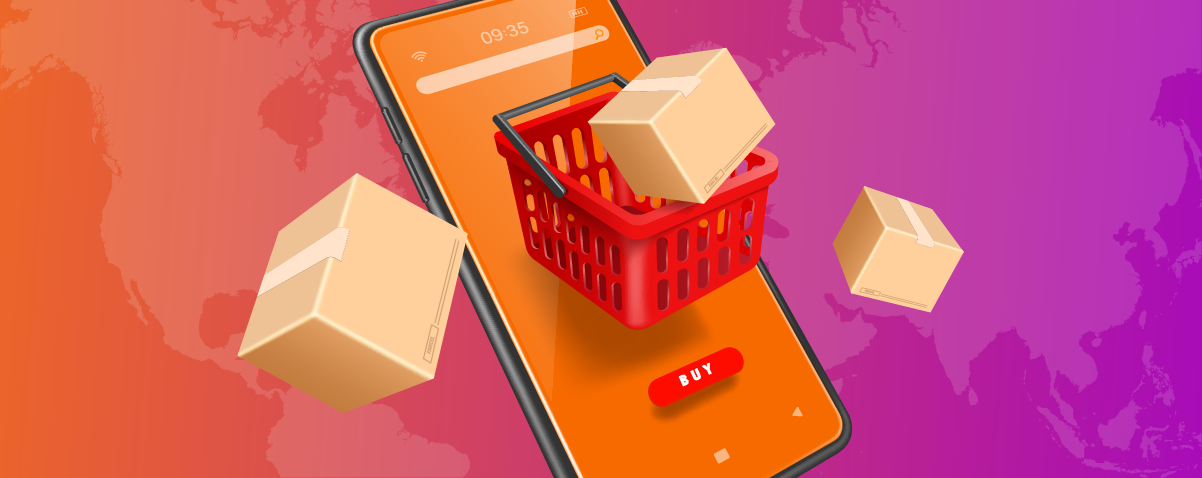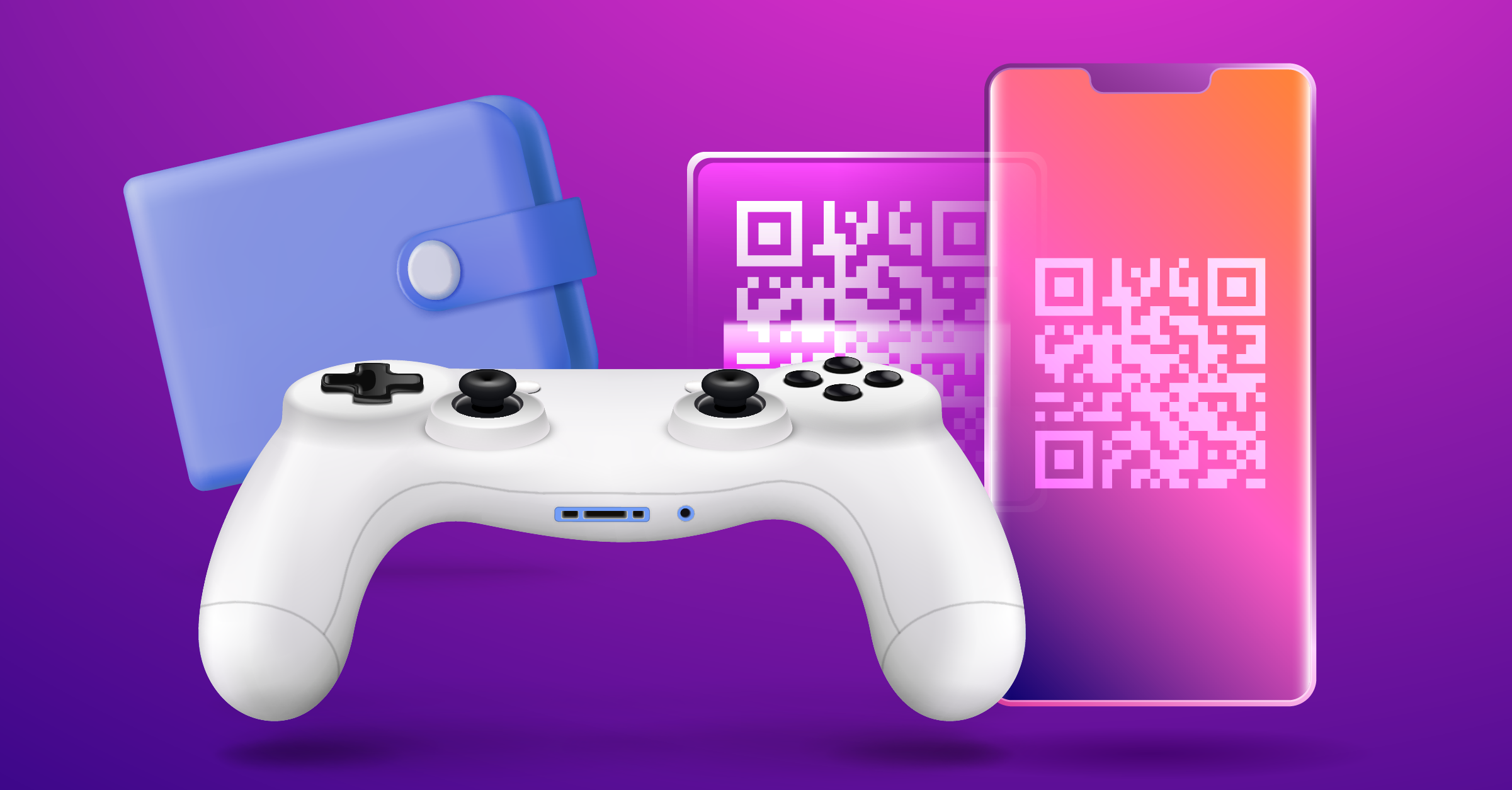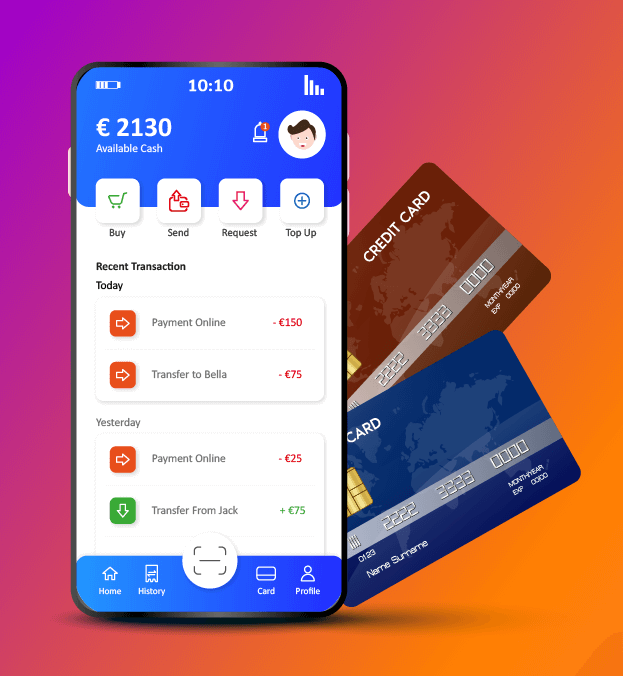
As markets become increasingly global and digital, a new wave of innovative alternative payment methods is displacing the old standards of cards and cash. These new ways of enabling customers are steadily winning over companies with a worldwide outlook as they move to capitalize on the e-commerce boom in Africa, Asia-Pacific and Latin America. In those emerging regions the potential new customers are accustomed to paying for products and services with a few taps and swipes of their smartphone screens.
Tech giants, the industry’s leading innovators, are playing a pivotal role in driving this shift towards alternative payment methods, and Boku is at the forefront of this change with a globally diverse network that spans a wide variety of payment connections and is constantly expanding.
What makes tech giants choose alternative payment methods?
One basic reason is market penetration: emerging markets are much less card-centric than Western markets. For example, India has a population of 1.42 billion and mobile penetration is at 46.5% (Source: FIS Worldpay: The GlobalPayments Report 2023). Some 65% of these potential customers use digital wallets or account-to-account (A2A) transactions as their preferred mode of payment — just 11% favour credit cards. Buy now pay later (BNPL) transactions are growing in some regions, like in APAC, where this method accounted for over $100 billion in e-commerce transactions in2022 (Source: FIS Worldpay: The GlobalPayments Report 2023).
Some companies are happy with a one-stop-shop to look after their payment needs and to minimise the internal support cost. But the biggest global companies can’t rely on a single payment processor — they manage their payments more actively, working with multiple providers to increase quality and redundancy. For companies with multi-billion-dollar revenues, the rewards from optimising their payment flows, even by small percentages, can be considerable.
For these big players, good enough coverage is not good enough. They need a payments provider that is committed to constantly evolving their range on the map as well as across new local payment methods —they need those implementations to deliver.
Why local payment methods?
As consumers in emerging markets jumped online in the 2010s new, regional mobile wallets popped up to serve them. These new local payment methods (LPMs) — a diverse group including debit networks, digital wallets, banks offering electronic transfers, mobile payments, and direct carrier billing — are faster, more lightweight, and yet just as secure as any established payment system. Some things that make LPMs so attractive to businesses are the increased conversion rates they enjoy (consumers pay using their preferred method), better customer retention and loyalty, lower payment processing costs, and the fact that customers are more likely to trust a business that will accept its preferred payment method.Today, LPMs account for most online purchases around the world, but that volume is shared by dozens of incompatible systems in countless countries.
With local payment methods, a regionally focussed company only need connect to a couple of them to get the coverage they require. On the other hand, global companies need a sole payments provider who can give them access to a range of payment options in a many, many places. This flexibility and adaptability are a gateway to market growth in areas where local payments are consumers’ preferred way to pay. That’s what happened for Netflix in Asia in 2022: while subscriber numbers in Western countries were falling, Netflix’s adoption of LPMs helped the company add over a million subscribers in APAC in the first quarter alone.
Why do tech giants choose Boku?
Boku is a payments company that specialises in acquiring and retaining new paying customers that credit cards don’t reach.With more than 200 payment methods across some 60 countries, and an annual payment transaction volume of over $9 billion, Boku has made local payments accessible on a global scale. And it doesn’t end there: Boku is continually expanding the number and types of LPMs it can offer to global tech companies and other large merchants.
This commitment to constant improvement extends to the individual network connections where Boku’s high technical standards enable each connection to build on the tech capabilities of the wallets, improving conversion and performance for our clients. Boku also provides post-launch service to ensure smooth and fast ramp-up of the payment method — actively supporting LPMs to enhance and optimize the user journey.
A truly global company, Boku has employees spread across 29 countries, and engineering teams on three continents, for incredibly responsive support in each region. Boku has 36 foreign subsidiaries that facilitate the secure collection and efficient delivery of cross-border payment settlements.
As Boku continues to grow its network, it helps to shrink the world for global merchants: an always expanding list of local payment connections makes it ever easier for entertainment, tech, and gaming companies to connect with new customers.
Popular articles
No items found.











